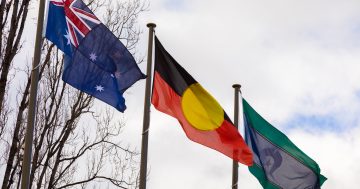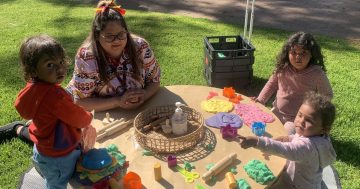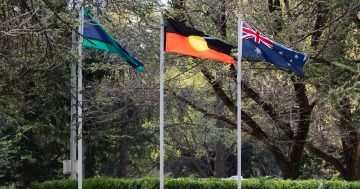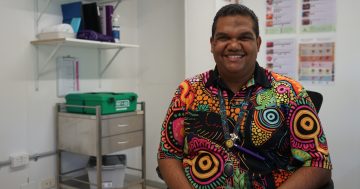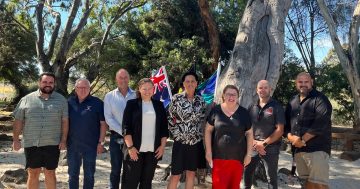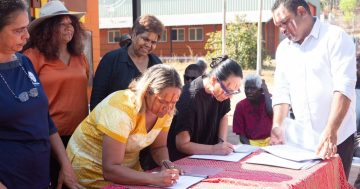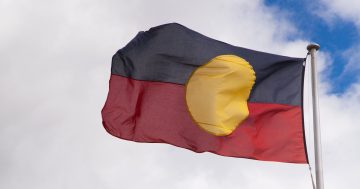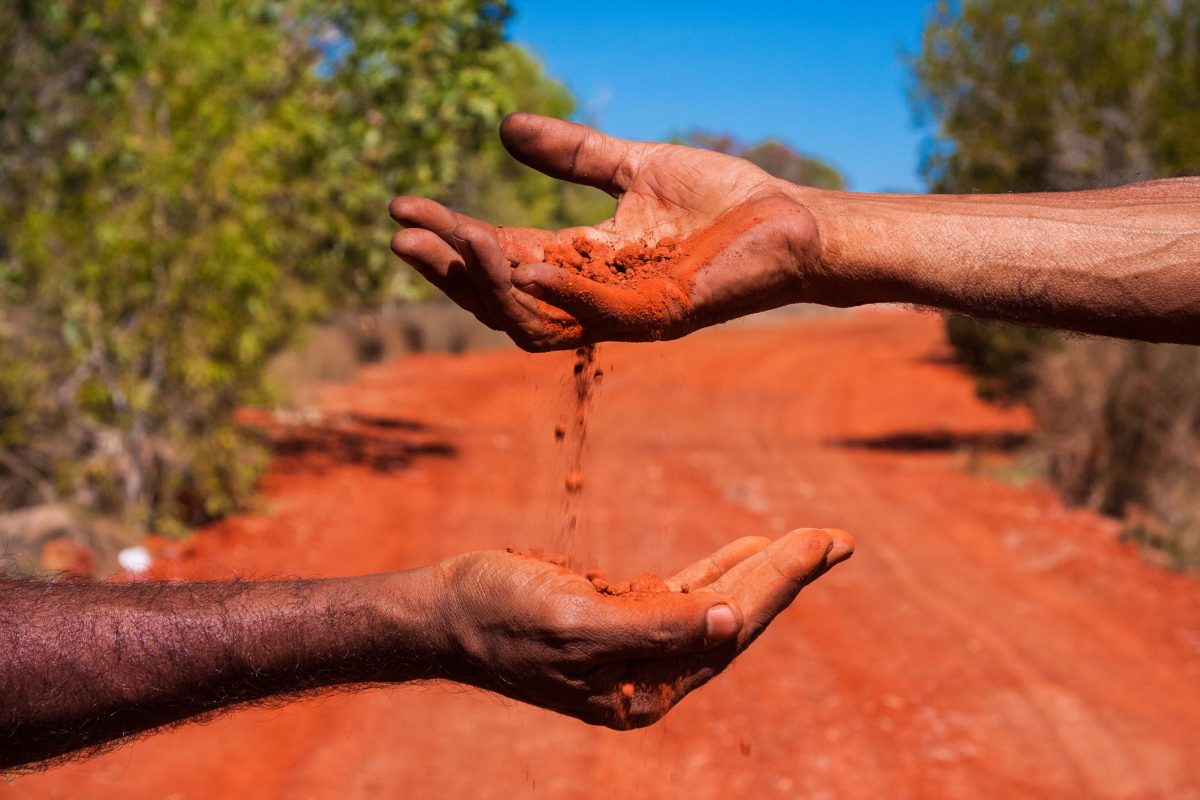
The Productivity Commission review’s recommendations include sharing power with Aboriginal and Torres Strait Islander people to make decisions about their communities rather than persist with ”government knows best” thinking. Photo: iStock/sebastianbourges.
As the Productivity Commission releases its scathing review of the nation’s commitment to Closing the Gap, the NSW First Nations community has been invited to discuss the government’s accountability and Crown land management.
Earlier this week, the review found governments have largely not fulfilled their commitments under the National Agreement on Closing the Gap and has made four recommendations to drive progress.
Amid these revelations, the NSW Coalition of Peak Organisations (CAPO) has called on local Indigenous communities to join its workshops around the state through February and March for a discussion on the Closing the Gap agreement. Also, the state’s Department of Planning, Housing and Infrastructure is conducting a five-year statutory review of the Crown Land Management Act (CLMA) 2016 – inviting the public to have their say on the legislation.
In 2020, the Closing the Gap agreement was signed by all levels of government, committing them to a partnership with Aboriginal Community-Controlled Organisations (ACCO) addressing the disparities between Indigenous and non-Indigenous Australians. Outcome and service targets have been set to make improvements in areas such as health, education, justice, families, housing, land and water.
The Aboriginal Housing and Homelessness Forum is calling for separate housing and homelessness plans to address the emergency facing First Nations communities, which is among the 17 socioeconomic targets of the agreement, with only four on track to be met.
Forum secretariat lead Lisa Briggs said secure housing was the missing policy piece and central to closing the gap in all areas of Aboriginal disadvantage.
“It is fundamental to human safety, economic participation, psychological resilience, and physical health – all the areas in which governments are falling behind,” she said.
“The data shows us that in Victoria, by 2036, the number of Aboriginal households will more than double. To maintain existing levels of social housing in line with population growth, we will need an additional 5000 social housing units just so existing, catastrophic levels of homelessness do not escalate.”
As the peak body for ACCOs in NSW, the CAPO has arranged consultations with the public to design a new organisation that will hold the State Government accountable for the promises it made under the agreement.
CAPO senior engagement officer Mas Banu said it could take various forms, such as the reform and/or expansion of an existing body, the establishment of a new organisation, or the appointment or election of a leader(s) such as a commissioner.
“In 2023, we visited communities to start designing an accountability organisation, and now we want to yarn with Aboriginal people to ask for feedback on the draft functions and features of the organisation we’ve designed,” he said.
More information can be found through the NSW Aboriginal Land Council, but the remaining workshops are:
- Mogo – 14 February, 10:30 am
- Nowra – 15 February, 10 am
- Wollongong – 15 February, 3 pm
- Redfern – 20 February, 10 am
- Liverpool – 21 February, 10 am
- Mt Druitt – 22 February, 5 pm
- Tamworth – 27 February, 12 pm
- Moree – 28 February, 11 am
- Brewarrina – 29 February, 2 pm
- Dubbo – 11 March, 10 am
Meanwhile, the NSW Department of Planning, Housing and Infrastructure is inviting Crown land managers, community groups, Local Aboriginal Land Councils, native title groups, tenure holders, and members of the public to speak on legislation that governs the management and use of Crown land across the state.
As part of their statutory review, they will determine whether the act has delivered a modern, streamlined and comprehensive framework to manage Crown land, whether its policy objectives and terms remain valid and appropriate, and whether further reforms are needed to ensure the success of NSW’s first strategic plan until 2031.
NSW Lands and Property Minister Steve Kamper invited anyone interested in the act’s operation to review a discussion paper and make their submissions before 19 March.
“Crown land has never been more important to the people of NSW, providing spaces for recreation, community groups and sporting organisations as well as environmental reserves to support native animals and plants,” Mr Kamper said.
“It also generates revenue, which is funnelled back into the community through initiatives such as fire trail upgrades, repairs and maintenance projects, and pest and weed control.”
A final report on the review’s outcome will be tabled in NSW Parliament by 1 July.


